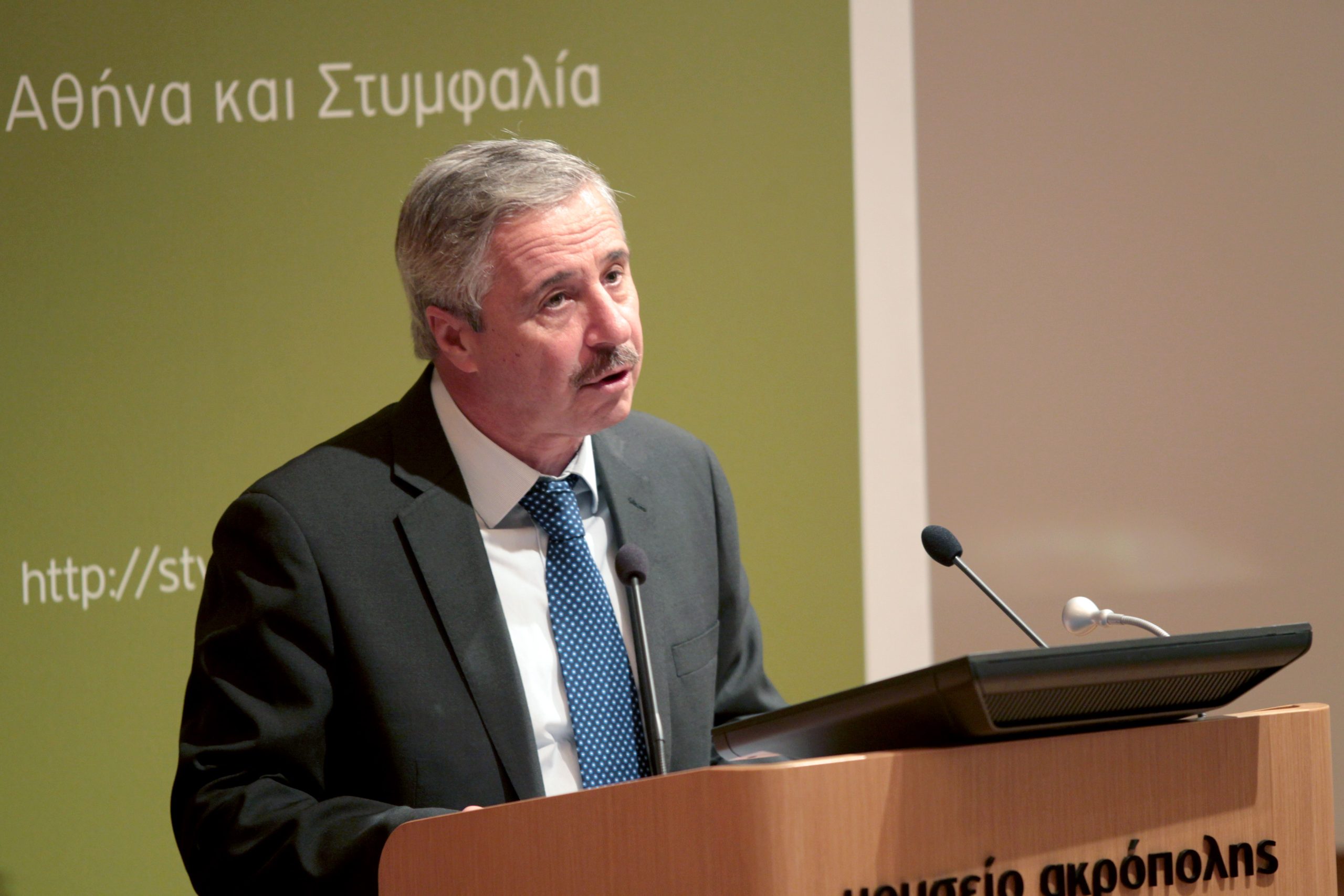Yannis Maniatis, the Vice President of the Progressive Alliance of Socialists & Democrats in the European Parliament, highlighted the systematic and centrally organized effort to exterminate Armenians, Assyrians, and Greeks of Asia Minor and Pontus by the Ottoman Empire, addressing the European Parliament on the occasion of the 110th anniversary of the Armenian Genocide.
In his speech, Maniatis emphasized that hundreds of thousands lost their lives, and even more were displaced, including his own family, calling in the European Parliament to recognize the genocide of the Greeks in Asia Minor.
The PASOK MEP also referenced the recent events in Nagorno-Karabakh, where thousands of Armenians were forced to flee their ancestral homes. He stressed the importance of maintaining historical recognition and memory, warning that “without it, the past can easily repeat itself.”
At this point, he criticized Turkey’s refusal to acknowledge its past crimes. He noted that while the European Parliament has recognized the Armenian Genocide, it must also extend the same recognition to the genocide of all Greek populations of Asia Minor and Pontus that took place between 1913 and 1923.
Full Speech:
“In a few days, we will commemorate the 110th anniversary of the Armenian Genocide. The Armenians, Assyrians, and Greek populations of Asia Minor and Pontus were victims of a systematic and centrally organized effort of extermination by the Ottomans.
Hundreds of thousands lost their lives, and even more became refugees, including my own family.
Unfortunately, the recent events in Nagorno-Karabakh, where thousands of Armenians were forced to abandon their ancestral homes and their monuments were destroyed, serve as a stark reminder that without historical memory, the past can very easily repeat itself.
Turkey refuses to acknowledge its past crimes.
The European Parliament has taken the step of recognizing the Armenian Genocide.
It must now also recognize the genocide of all Greek populations of Asia Minor and Pontus, who suffered a similar fate between 1913 and 1923.
Thank you.”



